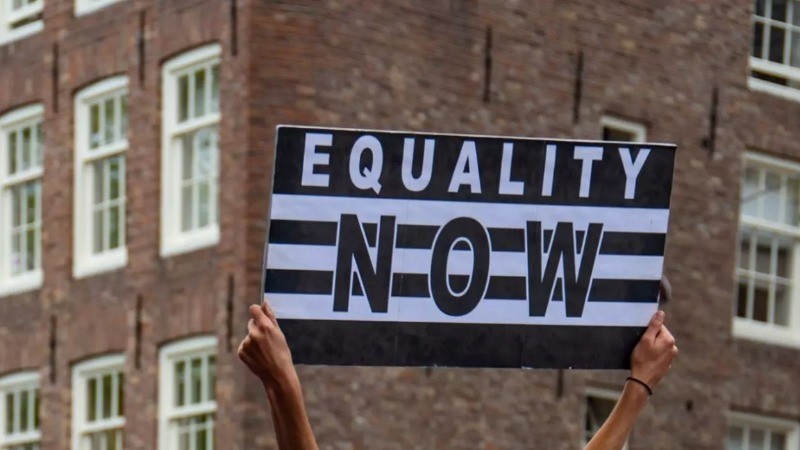
Women’s involvement and leadership in politics are critical for achieving sustainable development goals. Despite progress, women remain underrepresented across global decision-making roles, delaying gender equality in political leadership by decades.
Women in Executive Government Roles
As of October 2024, 29 countries have women serving as Heads of State or Government. At the current rate of progress, achieving gender equality in top government positions could take up to 130 years.
Among the world's nations, only 19 have a woman as Head of State, and 17 have a woman leading the government. Women account for 23.3% of Cabinet Ministers heading policy areas, with only 15 countries reaching gender parity or exceeding 50% representation in such roles. The most common portfolios held by women are related to gender equality, social inclusion, family welfare, and minority affairs.
Women in National Legislatures
Globally, women occupy 26.9% of seats in single or lower houses of parliament, a significant rise from 11% in 1995. However, only six countries, including Rwanda, Cuba, and New Zealand, have achieved or surpassed 50% female representation in these houses.
In 22 other nations, women hold over 40% of parliamentary seats, primarily in Europe, Africa, and Latin America. On the other hand, 21 countries report less than 10% female representation, with some lower chambers having no women at all. At the current pace, gender parity in legislative bodies will not be realized until 2063.
Women parliamentarians constitute 36% in Latin America and the Caribbean, 33% in Europe and Northern America, 27% in sub-Saharan Africa, and lower percentages across other regions like Asia and Oceania.
Women in Local Government
In local governments, women account for 35.5% of elected officials across 145 countries. Only two nations have reached 50% representation, with 26 others surpassing 40%. Regional disparities persist, with Central and Southern Asia leading at 41%, followed by Europe and Northern America at 37%.
Expanding Participation
The Beijing Declaration and Platform for Action emphasize balanced political participation between genders. Gender quotas have been instrumental, significantly boosting women’s representation in legislatures and local councils.
Evidence also underscores the positive impact of women’s leadership. For instance, research in India revealed a 62% increase in drinking water projects in areas led by women local councilors. Similarly, studies in Norway found a direct link between women’s involvement in municipal councils and improved childcare services.
Women leaders often advocate for gender-focused reforms, including parental leave, childcare support, and measures to combat gender-based violence. Their ability to collaborate across political divides further strengthens their role in driving equitable change.